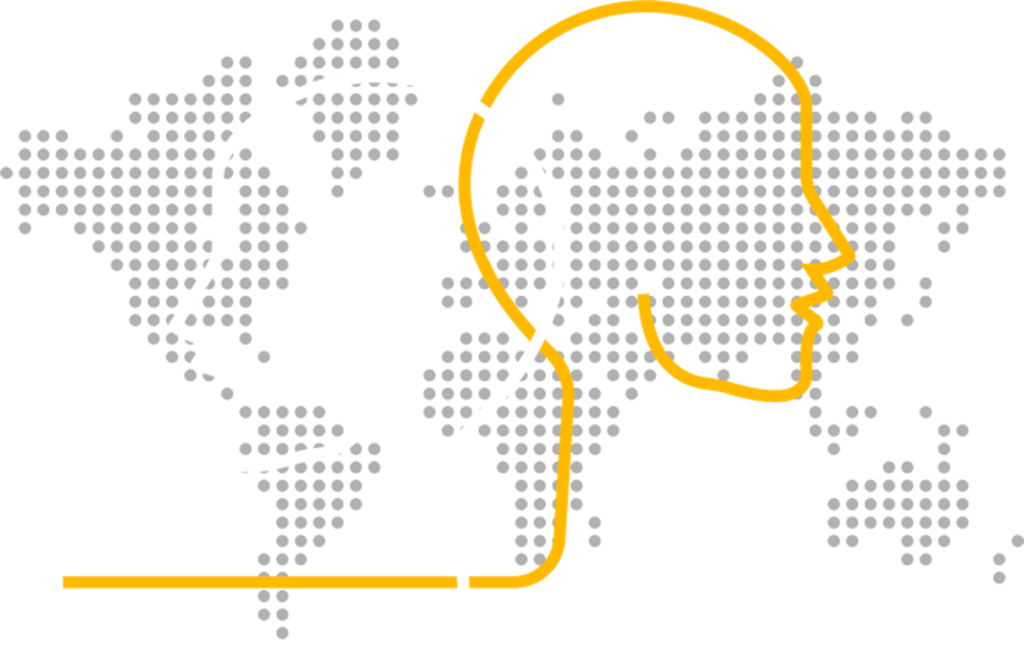Culture Impact Journal
Blog
Culture, Utopia/Dystopia and Incrementalism.

This week, my old friend Hans Achterhuis was interviewed by the Volkskrant, a Dutch “quality” newspaper. Hans was asked to reflect on his career as a prominent Dutch philosopher and how his ideas evolved over time. He admitted that in the past, he had been too optimistic about utopian political ideas and argued that utopian ideas often turn into dystopias because of the inherent risks and contradictions involved in pursuing an ideal society.
It is worthwhile considering his analysis when observing the actual global tendencies in political thinking and the polarization between conservatives and progressives on a cultural and personal level.
His analysis of why utopian visions often turn into disastrous dystopia includes several key points:
- The requirement of a perfect social order: Utopian visions often require a perfect social order, which necessitates absolute control and regulation. This can lead to authoritarian or totalitarian regimes, where dissent is not tolerated, and individual freedoms are suppressed to maintain the “perfect” society.
- The assumption that human nature can be perfected: Utopian ideas typically assume that human nature can be perfected. Utopists frequently underestimate how much people are inherently flawed and diverse in their needs and desires. Efforts to mold everyone to fit a single ideal often result in coercion and oppression.
- Unforeseen consequences of social engineering projects: Implementing utopian ideas can lead to unforeseen negative consequences. Even with the best intentions, social engineering projects can disrupt existing social fabrics and create new forms of inequality or injustice.
- Utopianism often advocates radical changes to society. While aiming for harmony and improvement, these drastic transformations can be destabilizing and may provoke resistance, leading to significant conflict and the potential for widespread suffering.
- Utopian ideologies tend to be rigid and uncompromising. This inflexibility makes adapting to new circumstances or integrating differing viewpoints difficult, often resulting in conflict and a lack of progress.
This analysis is highly relevant to the basic message in the forthcoming book by Fernando Lanzer and myself about the seven basic worldviews and downward causation.
Interpreting Achterhuis’s message in the context of the seven Worldviews: The urgent need to bridge the differences between Worldviews to solve global problems should not lead to the tendency to promote one dominant Worldview and force others into policies that are not in accordance with their values. An emphasis on perfection, radical change, and ideological purity carries the seeds of dystopia, as it often disregards the pragmatic and pluralistic aspects of human life.
“The urgent need to bridge the differences between Worldviews to solve global problems should not lead to the tendency to promote one dominant Worldview and force others into policies that are not in accordance with their values. An emphasis on perfection, radical change, and ideological purity carries the seeds of dystopia, as it often disregards the pragmatic and pluralistic aspects of human life.”
In our (Fernando and Huib) opinion, discussing utopias is good, and we need more debates about where we want to go as a society. The issue lies in “how to get there”. The warning that in the past, the utopia of Communism turned into bloody revolutions and autocratic governments; and the recent realization that the utopia of a “perfect” Democracy was used to justify the invasion of other countries in order to force them into changing their regime.
It’s always about that change triangle: where we are, where we want to go, and how to get there. We should all have discussions about these three things, but without feeling that disagreements can (or should) be solved by shooting each other.
To avoid unexpected, negative consequences, we promote incrementalism when introducing change. Incrementalism is an approach to change management according to which policies result from a process of step-by-step interaction and mutual adaptation among a multiplicity of actors advocating different values, representing different interests, and possessing different information.
An example of this approach is found in the European Union. In the EU, 5 of the 7 Worldviews are represented. The decision-making is very complicated. Still by incrementalism, what some people call “muddling through”, they succeed in developing common policies.
Interested readers can find more in Huib Wursten and Fernando Lanzer’s publication The EU: The Third Great European Cultural Contribution to the World.
http://www.clubofamsterdam.com/contentarticles/86%20Europe/itim%20eu%20report.pdf
Some more of our ideas can be found in previous publications like:
HuibWursten: https://www.academia.edu/22417583/Culture_and_Change_Management
Fernando Lanzer: https://culture-impact.net/so-you-want-to-build-a-nation/
Huib Wursten: https://culture-impact.net/mental-images-and-nation-building/

0 Comments